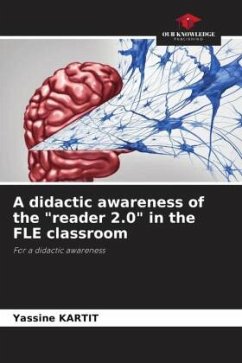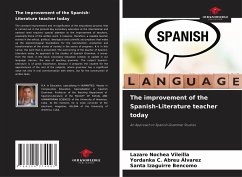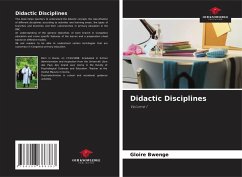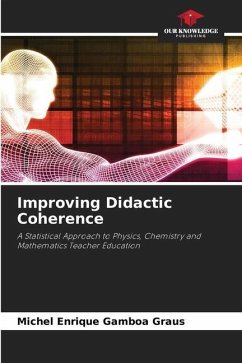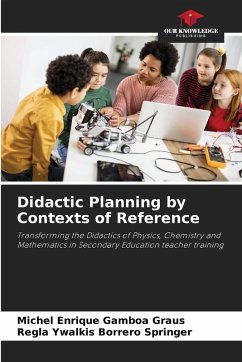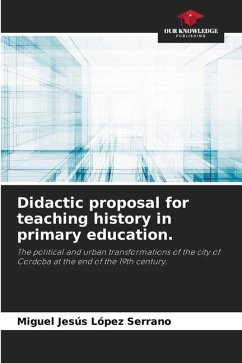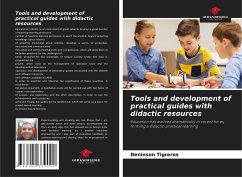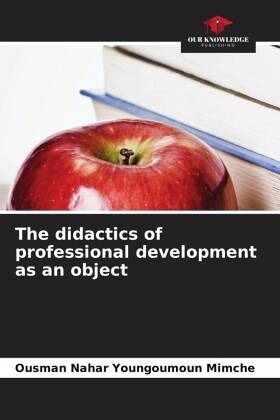
The didactics of professional development as an object
Versandkostenfrei!
Versandfertig in 6-10 Tagen
53,99 €
inkl. MwSt.

PAYBACK Punkte
27 °P sammeln!
This book proposes a better understanding of the didactics of professional development, which articulates three levels of analysis: macro (historical construction and social construction of activity knowledge), meso (institutional training and work arrangements) and micro (subjects' experience, individual dynamics): the didactic device. For to optimize educational intervention, it might be wise to start from where young people are, i.e., in the fullness of their references and beliefs, rather than, as is easily thought, in the emptiness of their ignorance. We also need to take into account, to...
This book proposes a better understanding of the didactics of professional development, which articulates three levels of analysis: macro (historical construction and social construction of activity knowledge), meso (institutional training and work arrangements) and micro (subjects' experience, individual dynamics): the didactic device. For to optimize educational intervention, it might be wise to start from where young people are, i.e., in the fullness of their references and beliefs, rather than, as is easily thought, in the emptiness of their ignorance. We also need to take into account, to a greater extent than is currently the case, the way in which knowledge is transformed, recomposed and reinvested with meaning by those who receive it, most often for utilitarian purposes. This reflection is based on the presentation of various didactic processes derived from empirical research carried out by the author.



